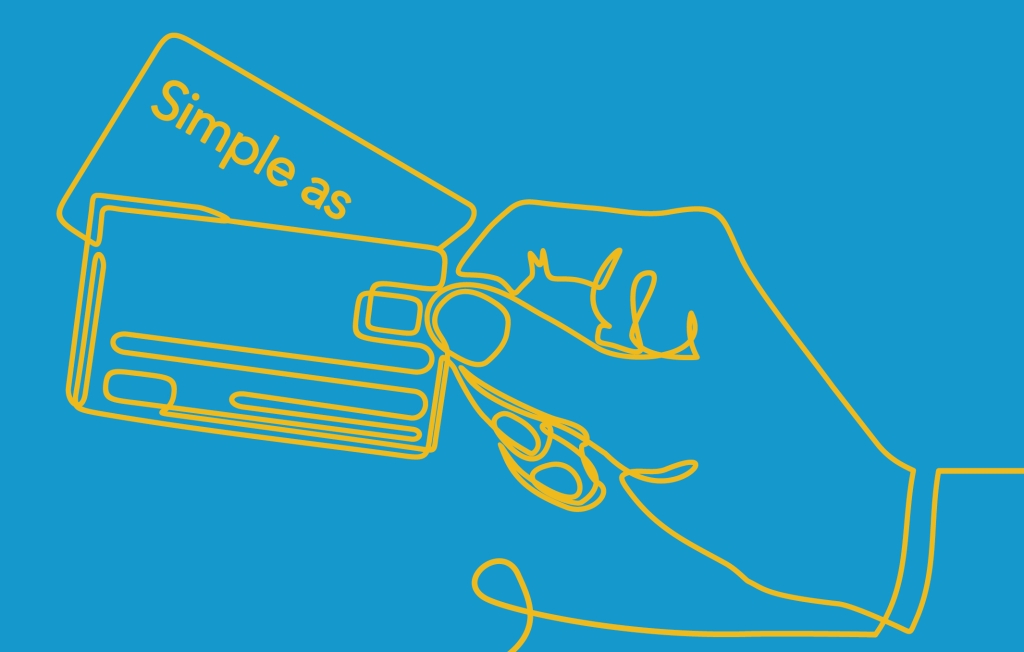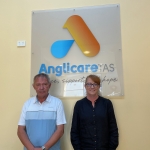Universal poker machine card will help Tasmanians to balance their budgets
June 20, 2024
The universal poker machine card system is set to be a useful budgeting tool for Tasmanians who gamble on poker machines.
The introduction of a universal poker machine card will make it easier for Tasmanians who gamble on poker machines to manage spending – by setting their limit in advance or using the default limit on the card.
The Tasmanian Government has announced the universal card system will begin in late 2024 or early 2025.
The system, recommended by the Tasmanian Liquor and Gaming Commission after extensive research and consultation, will allow for cashless gambling using a card pre-loaded with funds.
“Each card will have a loss limit so people can control how much they spend gambling on poker machines,” said Mary Bennett from Anglicare’s Social Action and Research Centre. “If people don’t set their own limit, there are automatic defaults on the card of $100 a day, $500 a month, and $5000 a year.
“People can also self-exclude by simply setting their limit to zero.
“Another helpful feature of the new system will be that it provides people with information about their gambling activity, and automatically gives people a short break after two hours of continuous gambling,” said Ms Bennett.
As many Tasmanians struggle with cost of living pressures, the universal poker machine card will help to reduce gambling harm.
“We know that for every person who gambles, six other Tasmanians, including partners and children in their household, are adversely affected by someone else’s gambling,” said Ms Bennett. “The most harmful form of gambling in Tasmania is on poker machines. Tasmanians lost $189.6 million in machines in 2022-23 – or half a million dollars a day. A card system will help people to limit their losses and deliver huge flow-on benefits to all Tasmanians.
“At the same time, the card will have minimal impact on people who engage in low risk or recreational gambling,” Ms Bennett said.
A focus on the North West
A report published by Anglicare’s Social Action and Research Centre, The poker machine card. Simple As., found that the highest number of poker machines were concentrated in some of the most socio-economic disadvantaged areas in the North West, including the West Coast, Devonport and Burnie.
On the West Coast there are 141 poker machines per 10,000 people, and twice as much money per person is lost in poker machines compared to the Tasmanian average. Residents also face a lack of employment opportunities, public transport, housing and health services, and high grocery prices.
In 2023, the number of people seeking help for problem gambling in the North West doubled.
Tina and Steve are financial counsellors based in Anglicare’s Devonport office. They also run outreach services in the community, typically at Neighbourhood Houses.
“We encourage people to prioritise the essentials – a roof over their head, the lights and heating on and food on the table,” said Steve.
By coming to us as soon as possible, we can help them see where their money is going and set a budget. We want people to know that when they are ready, we’re here for them.
While many financial counselling clients rely on Centrelink benefits, Tina says she is seeing more people coming through the service who have steady employment.
“The impact of interest rate rises and people transitioning from a fixed mortgage rate to a variable rate is starting to flow through,” she said. “It’s putting huge pressure on household budgets and we’re seeing people going without the essentials.”
Tina also works in Anglicare’s Gamblers Help service. She arranges self-exclusion orders for people who want to ensure they cannot enter gambling venues.
“Self-exclusion works really well for people who recognise that their gambling activity is harmful, but others need more support to limit their losses.
The less people spend on discretionary activities such as gambling, the more they will have to cover essentials. The poker machine card will be a good start.
- Steve and Tina are financial counsellors with Anglicare, based in Devonport.


